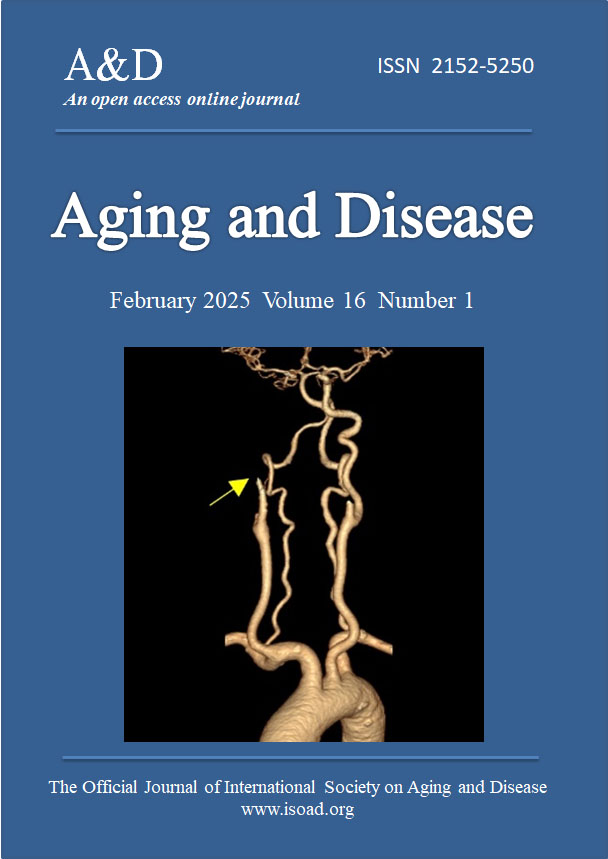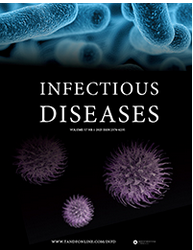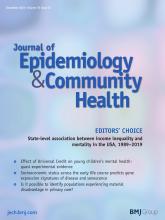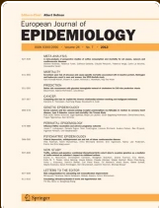Higher intakes of dietary dicarbonyl compounds are associated with lower risk of cardiovascular disease
Aims Dicarbonyl compounds such as methylglyoxal (MGO), glyoxal (GO), and 3-deoxyglucosone (3-DG) are present in numerous foods. They are pro-inflammatory and pro-oxidative, but their potential role in cardiovascular disease (CVD) development has been scarcely studied. We explored associations between dietary dicarbonyls with fatal and non-fatal CVD. Methods and results We conducted a case-cohort analysis based…











